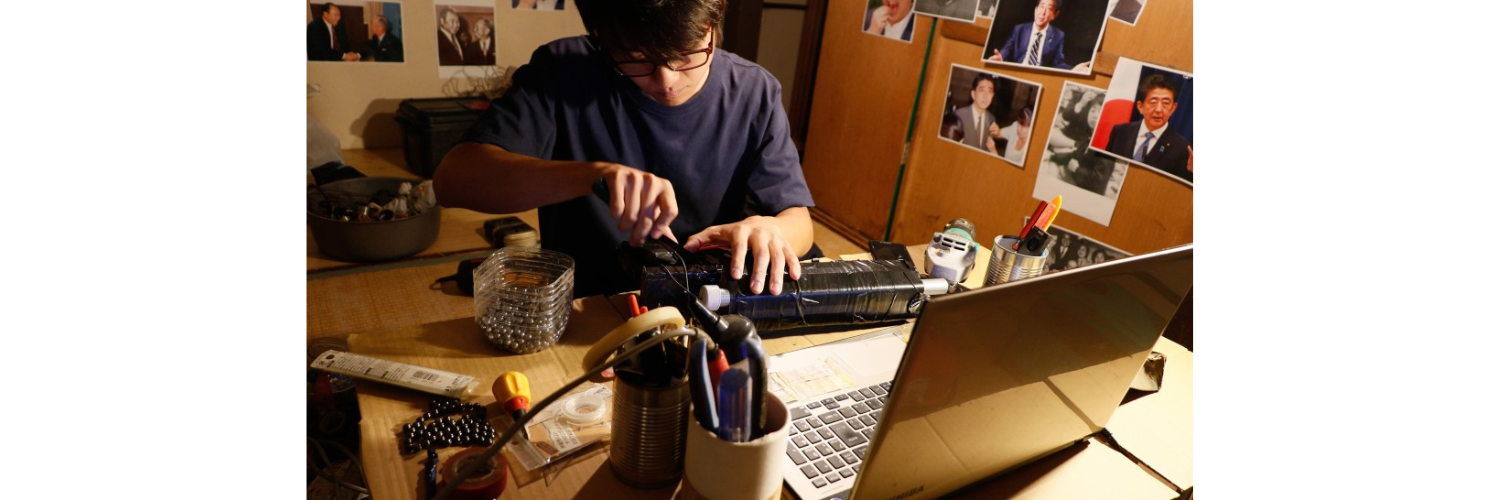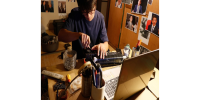

Extending the mode of politically outspoken activist cinema refined in the films made by veteran Japanese filmmaker Masao Adachi (b. 1939) since his return Japan after almost thirty years in Lebanon as part of the Popular Front for the Liberation of Palestine, Revolution+1 addresses the motivations guiding the assassin of former Japanese Prime Minister Shinzo Abe. Responding immediately to the July 8, 2022 murder of the right-wing nationalist, known both for his aggressive economic policies and stubborn denial of Japanese war crimes, Adachi set out to make a film that could tell the untold story of the young assassin—named Kawakami Tatsuya in the film—who had been pushed into a life of extreme deprivation after his mother was pulled into an extreme and predatory religious cult, the notorious Unification Church, which was once a staunch Abe supporter. Making even harder-hitting his intervention against the non-critical assessment of Abe’s legacy by the political establishment, Adachi set out to direct his film in record time so it could, in fact, be released on the same date as Abe’s state funeral that September. Both controversial and well-received, Revolution+1 was impressive for its crisp, sympathetic and nuanced account of Kawakami’s life and fatal act.
Presented at the Harvard Film Archive, this film screening was followed by a live video conversation with Director MASAO ADACHI and HADEN GUEST, Director of the Harvard Film Archive.
Revolution+1
Live video conversation with MASAO ADACHI
and HADEN GUEST
Directed by Frank Shaw.
With Numa Hisa, Mori Tomi, Akashi Kohano.
US, 1914, 35mm, black & white, silent, 31 min.
Print source: George Eastman Museum.
Click HERE for more information.
Harvard Film Archive Screening co-sponsored by the Reischauer Institute